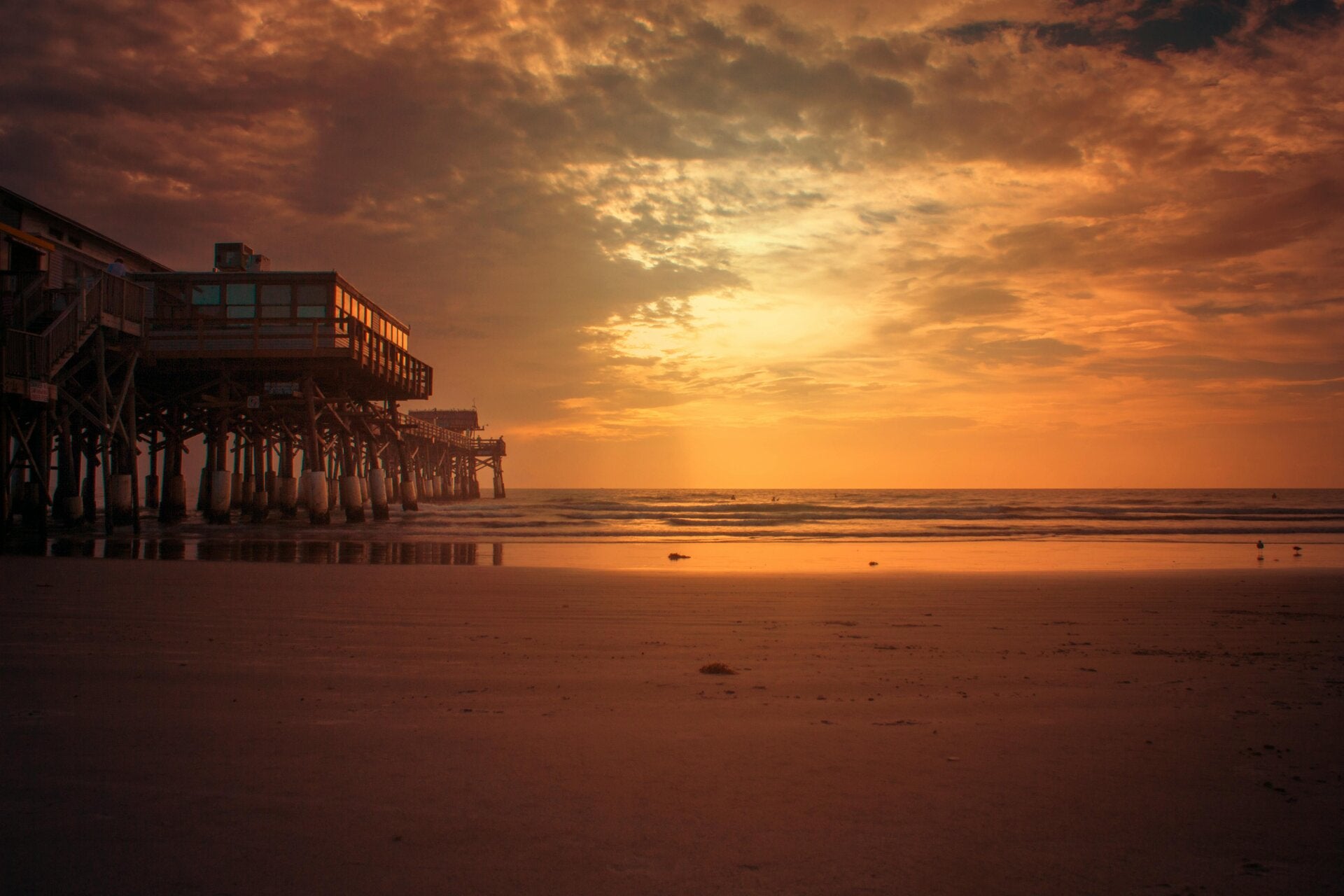
Dr. Kerry B Lewis
Dr. Kerry B. Lewis, 34 years old, is officially running to become the next Mayor of Daytona Beach, Florida. His candidacy reflects a new generation of leadership stepping forward with conviction, clarity, and a deep commitment to the city’s future. As a young conservative voice shaped by both personal resilience and professional discipline, Dr. Lewis enters the race with a focus on restoring trust in local government, strengthening community partnerships, and elevating Daytona Beach into a city where residents feel heard, respected, and empowered.
Born in Georgia and raised in Florida, Dr. Lewis brings a lived understanding of the region’s culture, challenges, and potential. His platform emphasizes accountability, transparent governance, and a renewed focus on public safety, economic revitalization, and responsible development. He speaks openly about his experiences—both the support he has received and the adversity he has faced—and channels those lessons into a leadership style grounded in integrity and service.
Dr. Lewis’s campaign centers on the belief that Daytona Beach deserves a mayor who listens first, acts decisively, and leads with both strength and compassion. His run represents not just a bid for office, but a call for unity, civic pride, and a shared vision for a stronger, safer, and more prosperous Daytona Beach.
🗳️ LEWIS FOR MAYOR — 2028 ELECTION DATES & OFFICIAL NOTICE
2028 Daytona Beach Mayoral Election Dates
-
Candidate Filing Window: Opens in 2027 (exact qualifying dates are set by the Daytona Beach City Clerk and will be published by the City of Daytona Beach).
-
Voter Registration Deadline: October 7, 2028 (29 days before the election, per Florida law).
-
Early Voting Period: Determined by the Volusia County Supervisor of Elections. Typically begins 10 days before Election Day and ends the Sunday before Election Day.
-
Election Day (General Election): Tuesday, November 7, 2028 (First Tuesday after the first Monday in November, consistent with Daytona Beach municipal election scheduling) .
-
Runoff Election (if required): Daytona Beach uses a majority‑vote system. If no candidate receives more than 50% of the vote, a runoff is held between the top two candidates. Runoff dates are set by the City Clerk and Supervisor of Elections.
📜 OFFICIAL CAMPAIGN NOTICE
LEWIS FOR MAYOR — 2028 ELECTION CYCLE
This page provides official scheduling information for the Lewis for Mayor 2028 campaign. All dates listed are based on the current election calendar published by the City of Daytona Beach and the Volusia County Supervisor of Elections. Dates may be updated as new information is released by the City Clerk’s Office.
Dr. Kerry B. Lewis is a declared candidate for Mayor of Daytona Beach for the 2028 election cycle. He may not formally register or qualify as a candidate until the qualifying period established by the City Clerk in 2027, in accordance with Florida election law.
Campaign Compliance: The Lewis for Mayor campaign complies with all city, county, and state election regulations, including reporting schedules, contribution limits, and public disclosure requirements.
Public Notice: Election information on this page is subject to change as official agencies release updated calendars. Residents are encouraged to verify deadlines with the Volusia County Supervisor of Elections and the City of Daytona Beach City Clerk.
2027 Kick Off For Lewis For Mayor



All dates, times, locations, and activities listed for the 2027 outdoor campaign events are subject to change without prior notice. Event adjustments may occur due to weather conditions, venue availability, public safety considerations, or other unforeseen circumstances.
The campaign will make reasonable efforts to provide updated information as changes occur, but no guarantee is made that any event will take place as originally scheduled. Attendees are encouraged to check for the most current updates before traveling to an event.

This notice provides general information regarding contributions made to the campaign for Mayor. All contributions must comply with applicable local, state, and federal campaign finance laws. Contributions are voluntary and are not tax‑deductible.
By making a contribution, donors acknowledge the following:
-
Contribution limits established by law apply and may not be exceeded.
-
Donors must provide accurate identifying information as required by campaign finance regulations.
-
The campaign may be required to report donor information, including name, address, occupation, and employer, in accordance with disclosure laws.
-
Contributions from prohibited sources, including certain organizations or individuals restricted by law, cannot be accepted.
-
The campaign reserves the right to return or refuse any contribution that does not meet legal requirements.
All contribution policies, reporting requirements, and compliance procedures are subject to change based on updated election laws or regulatory guidance.






























